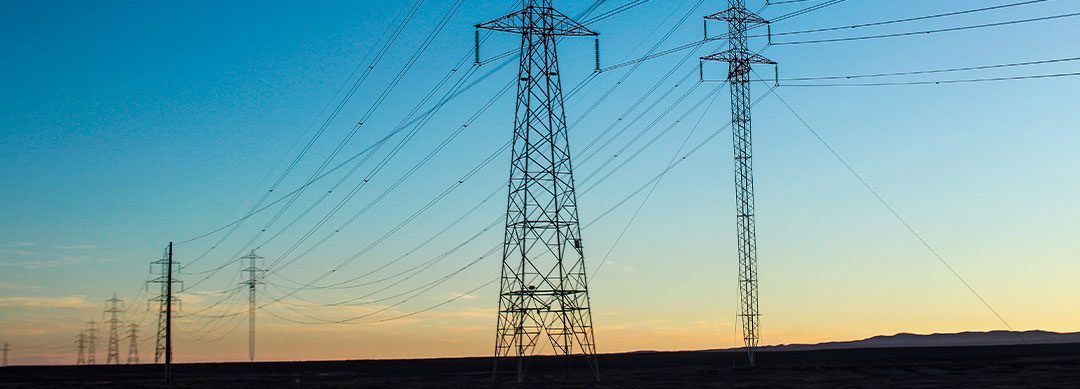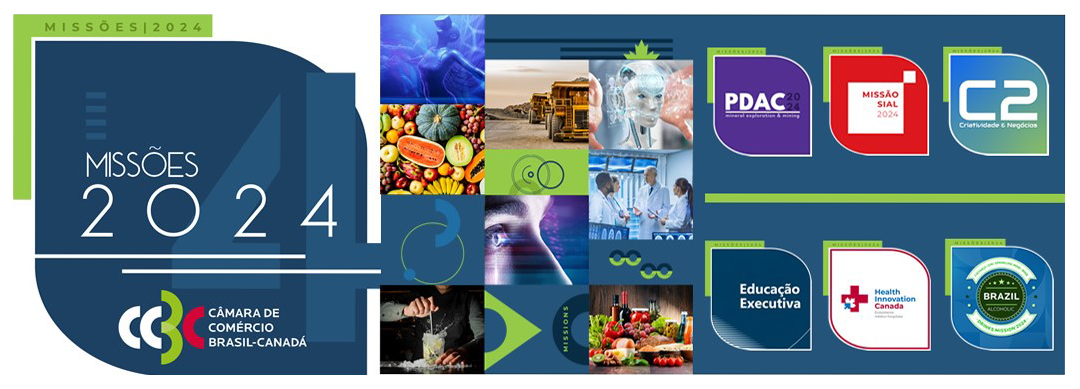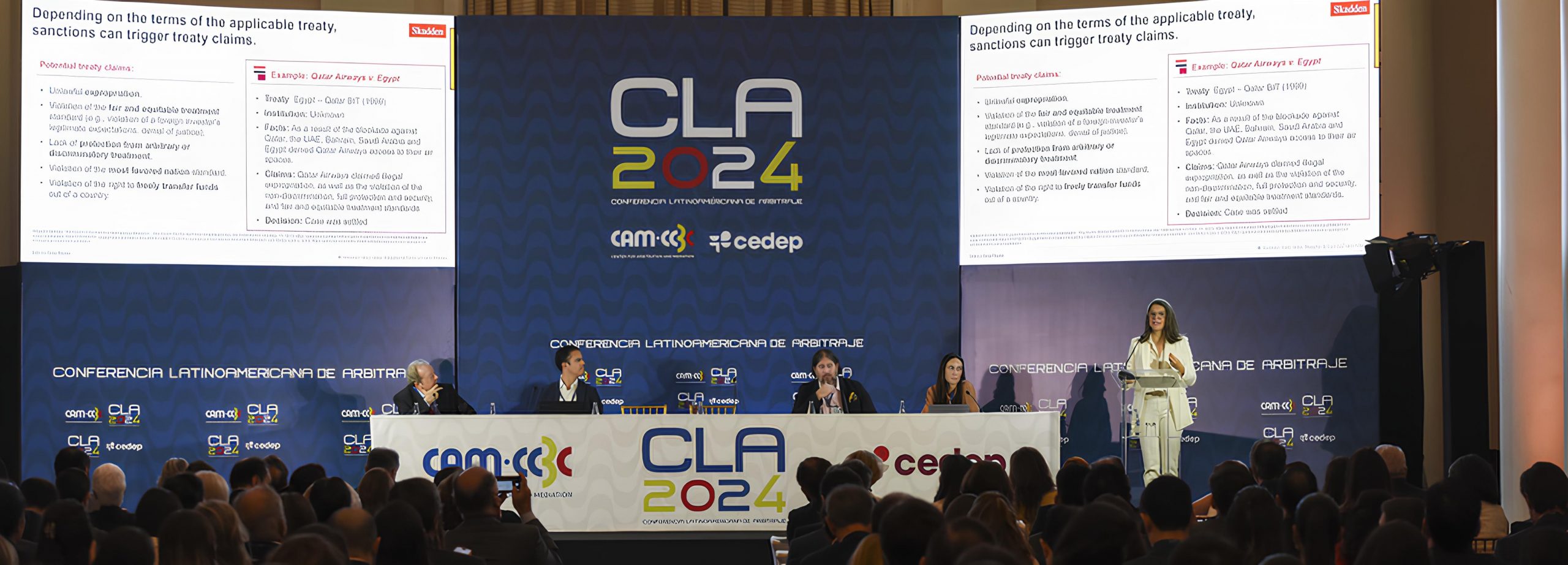CCBC discusses possible opportunities for investments in the country
By Sérgio Siscaro
The possibilities of the Brazilian economic upturn when the crisis brought by the new coronavirus is over still generate doubts among experts. Although this recovery is seen as gradual, only gaining greater momentum in 2021, there is the prospect that investors will take advantage of this moment to seek opportunities in Brazil, which may contribute to attract the capital needed for the economic recovery.
In order to discuss the topic and examine the investment possibilities in infrastructure in Brazil, the Investment and Infrastructure Committee (IIC) of the Chamber of Commerce Brazil-Canada (CCBC) promoted on June 9 the webinar The economic environment and the scenario for investments. At that time, the participants could access the estimates made by two partners of LCA Consultants – Fernando Sampaio and Fernando Camargo. The managing partner of Teckma, Fábio Barione, who addressed the possibilities in the energy sector; and the CEO of Allonda Ambiental, Leo Melo, who addressed the scenario for investments in basic sanitation in the country, also participated. The mediation was performed by the Chairman of the IIC, Bayard Lucas de Lima.
The webinar can be accessed here.
Promising areas
One of the areas of Brazilian infrastructure that appears as promising in terms of attracting foreign investments in the post-pandemic scenario is energy. According to Barione, from Teckma, an indicator of this is the success of the auctions held by the federal government before the pandemic, which attracted R$ 23 billion, involving 48 lots covering 12,180 km of transmission lines. “We have the challenge of guaranteeing the future of the energy area”, he said.
Another possible focus of investment is the telephony area. “We need to follow other countries, which invest in the 5G internet. While we still discuss which technology to use, China already has 50 million 5G mobile phone devices – which is a technology that will revolutionize the way we live”, he said.
The large gap in Brazil in terms of access to water supply and sewage services highlights the need for major investments in the basic sanitation area. Melo, from Allonda, pointed out that R$ 700 billion of investments are required for the universal access to water and sewage in the country. “Today sanitation represents the greatest potential for investments and opportunities in infrastructure in Brazil”, he said, adding that there are 343 projects in the sector about to be started. In addition, two concession processes – of the Sanitation Company of Alagoas (Casal) and the State Water and Sewage Company (Cedae) of Rio de Janeiro – are expected to attract investors.
For him, the current discussion in the Senate about the regulatory framework of the sector can contribute to unlock these investments. “With the new regulatory framework, we will have an environment of greater legal certainty”.
Possible scenarios
It is true that, at this moment, there is still a considerable degree of uncertainty about the directions of the Brazilian economy. In mid-June, the Organization for Economic Cooperation and Development (OECD) considered that the global Gross Domestic Product (GDP) could shrink from 6% to 7.6% this year due to the pandemic. In case of Brazil, the organization preliminary report estimates a drop from 7.4% to 9.1% in 2020, with the economic activity slowly recovering next year.
Using three distinct scenarios, LCA estimates for this year a GDP downturn between 3.3% and 9.7% – with a greater possibility of a 5.6% shrinkage. All models predict a dollar rate below R$ 5.60, and the maintenance of the basic interest rate, Selic, at 1.5% p.a.
According to evaluation of Sampaio, from LCA, the challenges in Brazil are the sharp drop in wages, which is expected to curb consumption, and high levels of unemployment. However, Selic is currently at its lowest level since 1999 – and it is expected that continues this way. “This is very important. Also, there is not much room for high inflation. With low Selic and inflation in the coming years, we have a very positive situation for investments in Brazil. The current confusion will end, and we will have many business opportunities”, he said.
He also pointed out that Brazil had been facing reduced public investment scenarios since 2014, and the discussion now should be about the need to relax restrictions on public investment in infrastructure.
His partner Camargo presented a specific analysis on the infrastructure sectors most affected by the crisis of the new coronavirus. Those related to the movement of people, such as airports, highways and urban mobility, suffered more negative impacts, while ports, telecommunications and street lighting benefited from the quarantine scenario. Other sectors, such as logistics, energy, sanitation, oil and gas and railways, were in an intermediate position.
He considered that, given the current scenario, the main obstacles presented to investors in infrastructure projects in Brazil are regulatory and foreign exchange risks. “It is necessary that responsibilities are not only focused on private initiative, but shared with the government and consumers”, he said.
Camargo mentioned the role of development banks, which should allow the safe entry of private initiative into projects – such as the National Bank for Economic and Social Development (BNDES). And he pointed out the attractiveness that some logistics segments can offer to foreign investors. “In the transport area, private management is especially interesting in projects near ports – which is attractive to foreign investors”.





